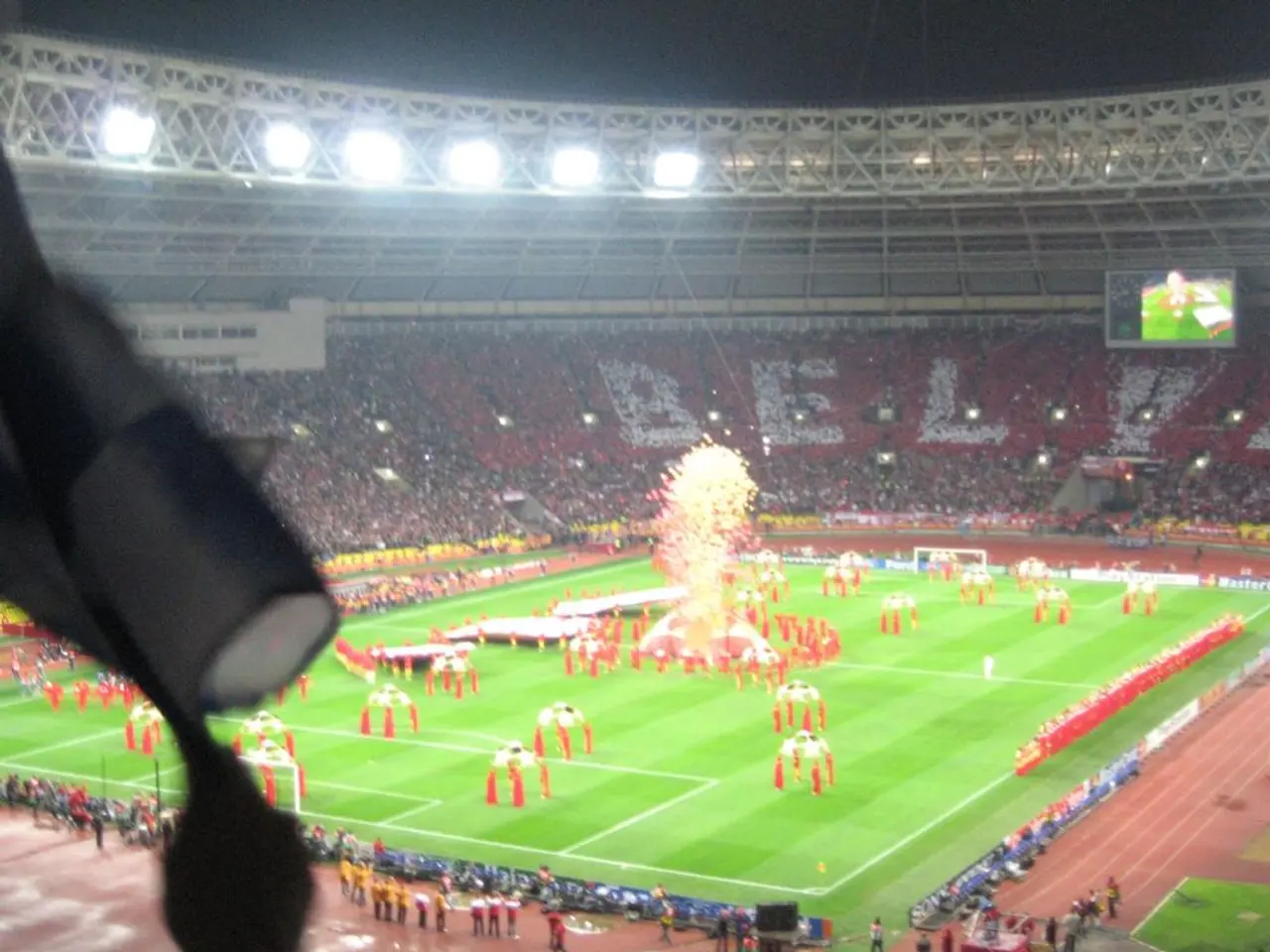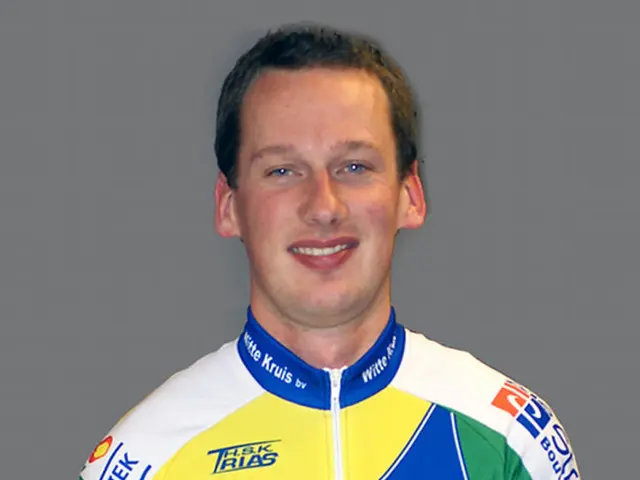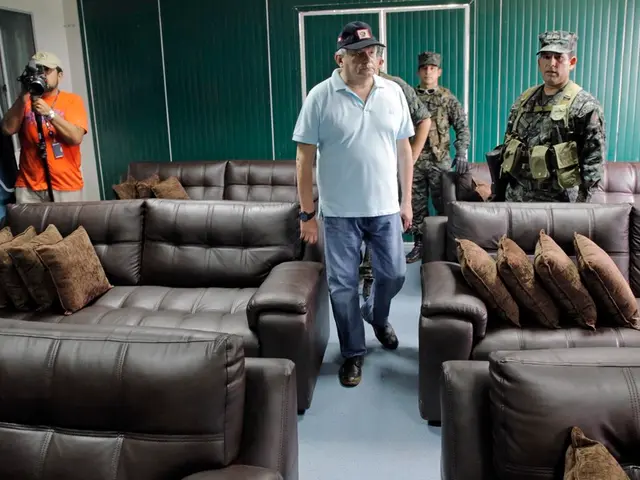Gathering at the residences of neighbors adjacent to the "Voznik" stadium for the upcoming get-together
The city of Nizhny Novgorod is currently undergoing significant changes, with the Vodnik Stadium at the heart of the transformation. A series of meetings have been held between city administration representatives and the neighbours of the stadium to discuss its development.
The master plan for the Vodnik site includes a football field with running tracks, open multi-functional sports courts, a covered ice arena with a multi-functional sports hall, table tennis rooms, combat sports rooms, and training equipment rooms. The main priority of this plan is the preservation of the sports facility at Vodnik.
However, it's worth noting that the sports club building, football field, running tracks, and stands of the Vodnik stadium are in a state of significant disrepair. As a result, an enhanced readiness regime has been implemented, and stadium access has been closed. Work is currently underway to install additional fencing and strengthen security.
Anton Ermakov, Director of the Department of Sports and Physical Culture, explained the reasons for closing the Vodnik stadium. He emphasized that the stadium will remain open, and no other options are being discussed at the moment.
The person currently working on the development of the master plan for the Vodnik site is not publicly specified in available sources. The development master plan is being created by the Institute for the Development of the Nizhny Novgorod Agglomeration.
Alexander Rybolovlev, the head of the Nizhny Novgorod district, proposed detours around the stadium: through Alekseevskaya St. and Gruzinskaya St.; through Volodarskogo St. and Osharskaya St. Two additional minutes will be added to the route by using these proposed detours compared to the route through the stadium itself. The sidewalk and repair of the staircase will be considered for repair as part of these detours.
Communication with local residents regarding the publication of the master plan will be conducted on a regular basis on the TOS platform and at meetings of the Public Council. Another local resident expressed the desire for Vodnik to be accessible to adults in the future.
The Public Council of Vodnik has been established, with Natalya Sadova as its chairperson. Another meeting with residents is planned for the following week, regardless of the master plan's readiness. Anton Ermakov confirmed constant contact with the parents of the students, and it's been reported that students from the Vodnik sports school have been transferred to other training bases.
Valentina Korushunova and Valentina Mochalina expressed their support for the planned transformation of Vodnik and their interest in its future development. Arthur Shtoyan, Director of the Department of Social Communications and Youth Policy, spoke about past communications regarding the development of the Vodnik stadium.
In conclusion, the Vodnik Stadium is undergoing a significant transformation, with the city administration working closely with the community to ensure the preservation of the sports facility while also improving its accessibility and facilities. Regular updates on the development of the master plan will be shared with the public.






